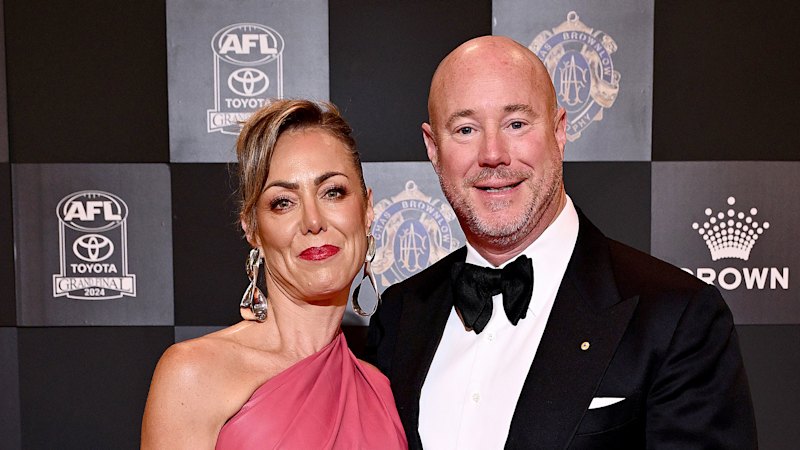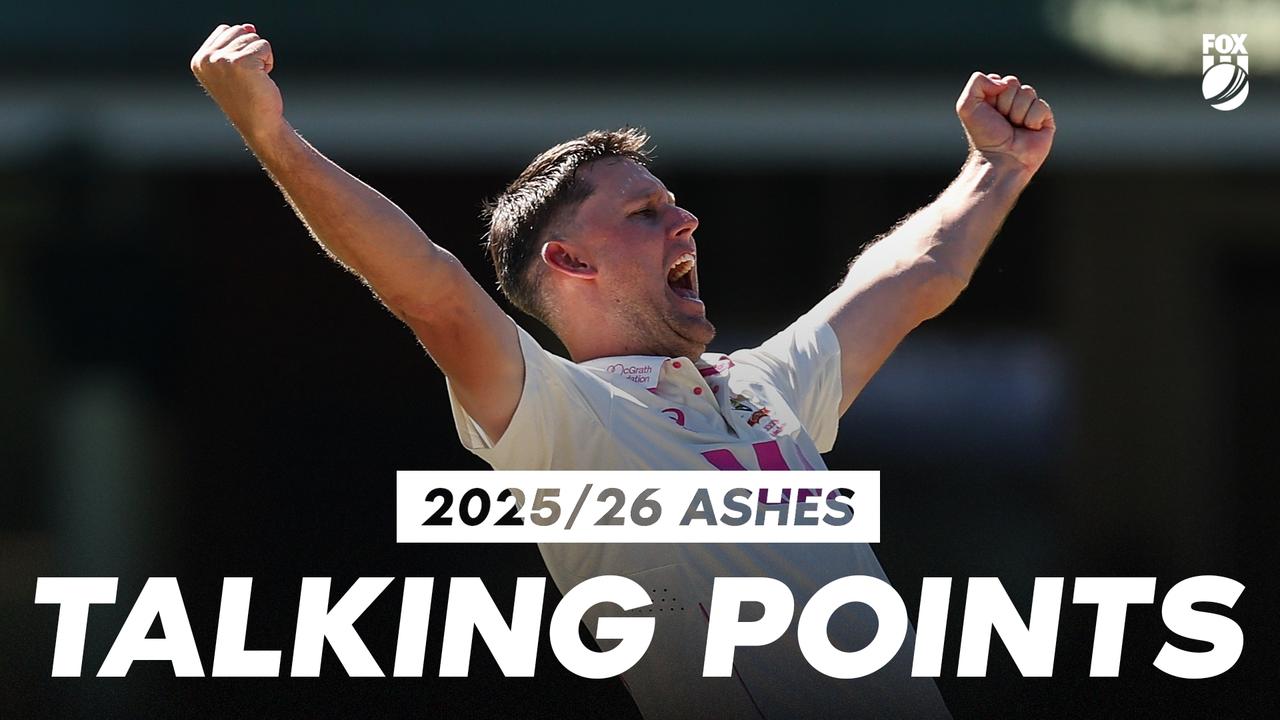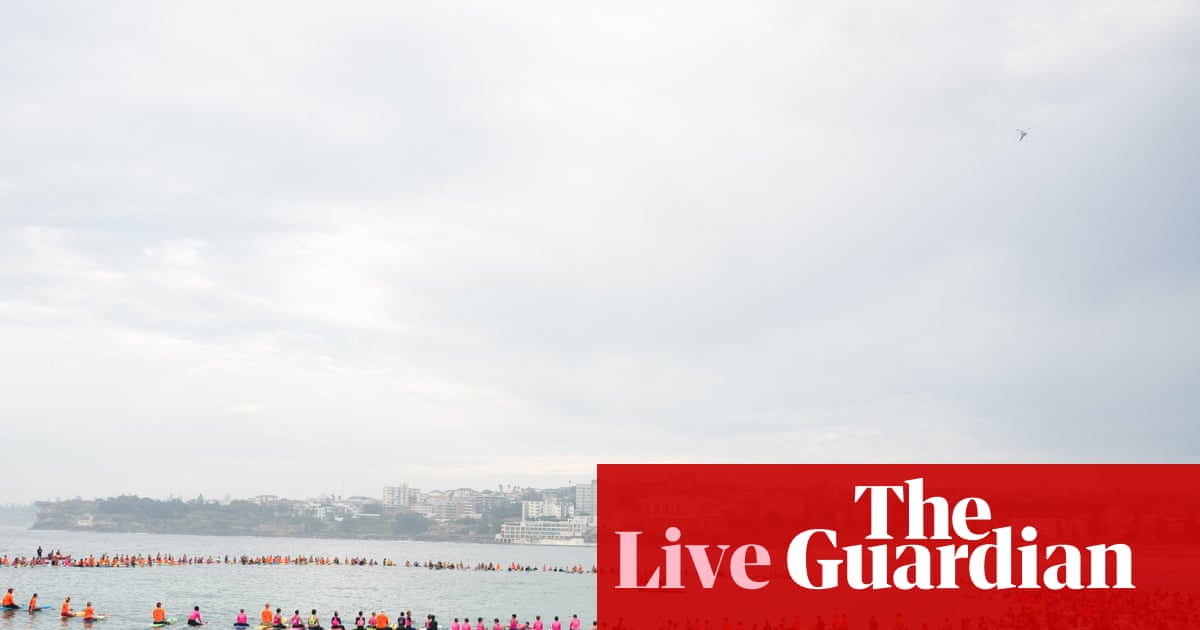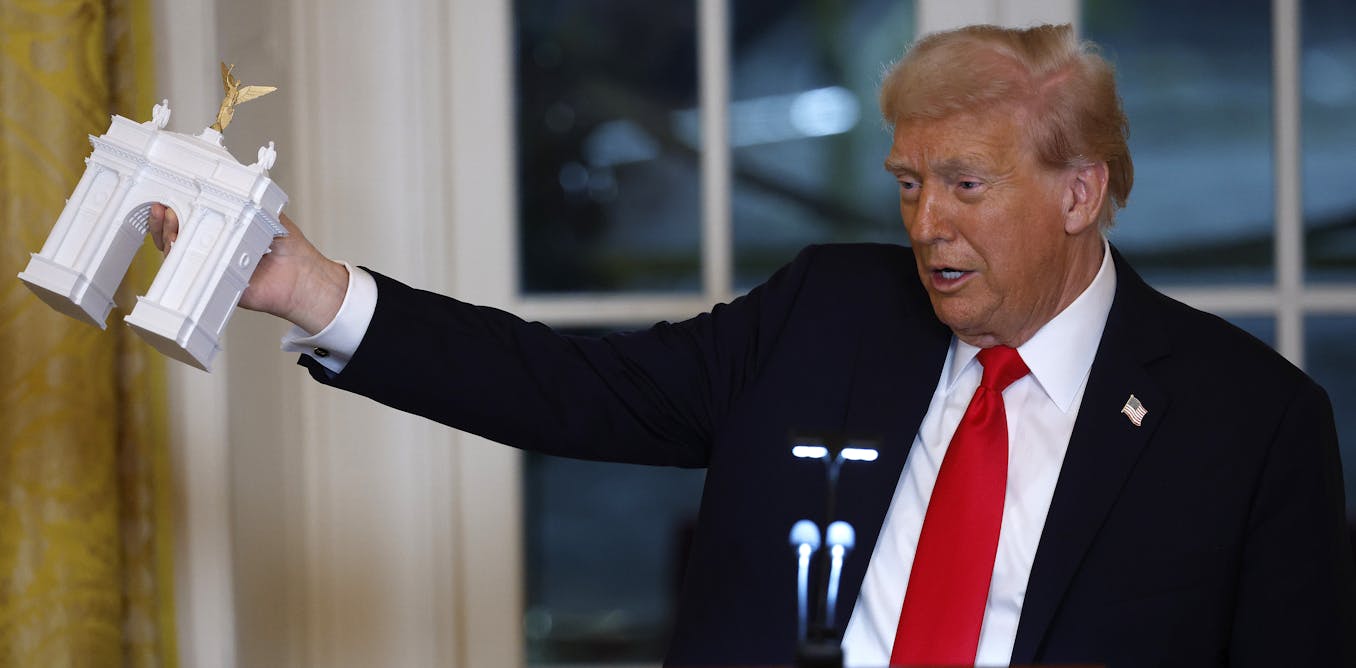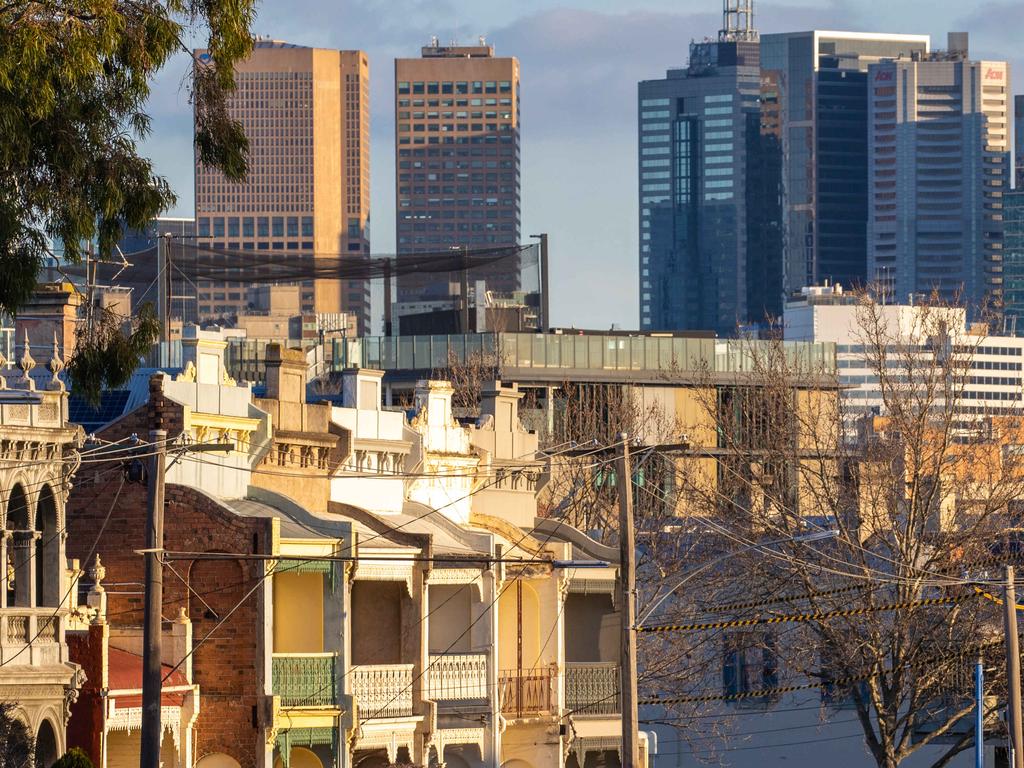
The Victorian government has quietly stepped back from implementing a plan that would have enforced minimum 12-month lease terms for thousands of Melbourne’s build-to-rent properties. This decision came after a proposed amendment to the Land Tax Act 2005, which would have withdrawn a tax deduction for build-to-rent operators unless the minimum lease term was set, faced significant industry pushback.
Industry groups argued against the change, presenting research indicating that 10 to 30 percent of tenants in Melbourne’s build-to-rent complexes specifically sought shorter lease terms. They warned that removing the tax benefit could deter essential development needed to expand Melbourne’s rental housing stock. Currently, Melbourne leads Australia in the build-to-rent sector, replacing traditional landlords with corporate entities and superannuation funds.
Impact on Melbourne’s Housing Market
This development follows the Victorian government’s acknowledgment of 1,000 new build-to-rent apartments completed in the 2023-2024 financial year, with an additional 18,200 units under construction. The proposed minimum lease term requirement was removed from the State Taxation Acts Amendment Bill 2025 just before it was introduced to parliament.
The tax benefits program for build-to-rent projects, initiated by the Victorian government in 2020, has been instrumental in establishing the state as a prime location for such developments. The decision to retract the minimum lease term requirement remains open to further discussions with the property industry.
Industry and Expert Reactions
According to Cath Evans, the Victorian executive director of the Property Council of Australia, the decision to amend the policy was crucial to cater to diverse renter needs, such as couples separating, individuals working interstate, and families renovating homes who require flexible lease terms.
“So we were very pleased to see the government took our advice and has amended the policy as it went through,” Ms. Evans stated.
Ms. Evans further emphasized that maintaining stability within the build-to-rent sector could encourage more operators to pursue developments, thereby increasing the availability of rental homes in Melbourne.
“There is a significant need to grow the BTR sector further as part of our broader need to deliver more homes for Victorians,” she added. “A more competitive property taxation regime is critical across all parts of the housing market to keep investment flowing and delivering the homes our communities urgently need.”
Challenges and Opportunities in Build-to-Rent
Build-to-rent projects often target Melbourne’s higher-priced rental market, with many operators charging over $800 per week for two-bedroom units that offer luxury amenities like pools, gyms, and dedicated workspaces. Despite this, operators typically aim to secure long-term tenants, with leases extending up to three years not uncommon.
Traditional residential leases in Victoria do not currently have minimum terms, with most agreements set for one year before transitioning to month-to-month arrangements or renewing for another year.
Future Discussions and Tenant Advocacy
Jennifer Beveridge, CEO of Tenants Victoria, expressed the organization’s intent to engage further with the government to enhance tenant stability and security.
“The government have said they want to consult more with renters, and we’ll be calling for more availability of longer-term options,” Ms. Beveridge commented. “Build-to-rent properties are built for the express purpose of remaining rental homes. We should take this opportunity to give people real security to stay there and make homes in them.”
This move represents a significant shift in the Victorian government’s approach to the build-to-rent sector, reflecting ongoing debates about the balance between flexibility for renters and stability for developers. As discussions continue, the focus will likely remain on how best to meet the diverse needs of Melbourne’s rental market while encouraging investment in new housing developments.



